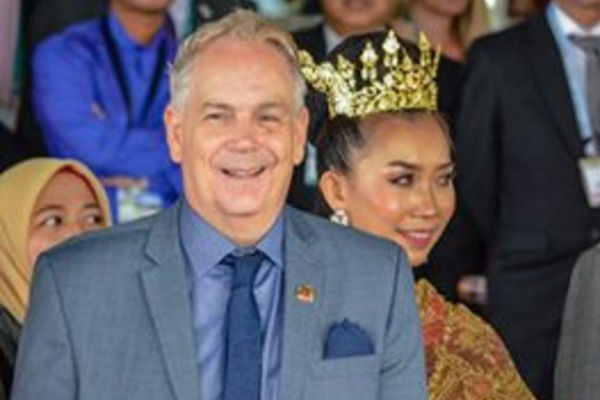Laying The Foundation For The Future

According to a new report by PATA, orderly and strategic tourism policy responses can mitigate the worst negative impacts of COVID-19 and, in some cases, lay a foundation for healthier, more sustainable post-pandemic growth.
The research was conducted by Clickable Impact Consulting Group and supported by the Global Initiative on Disaster Risk Management (GIDRM), a project implemented by the Deutsche Gesellschaft für Internationale Zusammenarbeit (GIZ) GmbH and commissioned by the German Federal Ministry for Economic Cooperation and Development (BMZ).
The COVID-19 pandemic represents an unprecedented crisis for the tourism industry and the millions of people across the Asia Pacific whose livelihoods depend on it. The magnitude of the impact is immense in terms of the potential shrinkage of revenues, GDP and jobs.
The report, titled “COVID-19 and the Tourism Sector: A Comparison of Policy Responses in Asia Pacific”, aims to aid tourism recovery by providing policymakers and donors innovative and best practice examples of policy response. It also presents policy responses in five developing destinations spread across South and Southeast Asia:
- Cambodia
- Nepal
- Sri Lanka
- Thailand
- Vietnam
And it provides a practical policy review of the destinations’ responses, focusing on five dimensions:
- Early response and public health management
- Support for economic resilience and small and medium enterprises (SMEs)
- Enhanced support to the tourism sector
- Tourism sector revitalization policies and plans
- Green growth and sustainability measures
To do so the report relied primarily on desk research as the countries’ policy responses have been well-documented in media reports and other public sources. To validate and enrich findings, interviews were also conducted with key industry leaders or policymakers from national tourism organizations or other well-placed stakeholders. In consultation with interviewees, the report further identifies gaps in the destinations’ policy responses and opportunities for donor support and assistance.

PATA CEO Dr. Mario Hardy said: “The revitalization of the travel and tourism sector is a priority for all destinations around the world and many have already introduced fiscal and monetary measures for sector revitalization including tax incentives and subsidies. However, more needs to be done to ensure that the sector not only recovers but does so in a more resilient, responsible and sustainable manner.”
Hardy continued: “The research also uncovered the urgency of engagement opportunities for development partners. The COVID phenomenon has laid bare vulnerabilities that need coordinated and complementary responses. The report therefore opens by highlighting the development community’s role to strengthen destination management through providing technical assistance, especially in areas of sustainability and accelerating the pipeline of ecotourism and infrastructure development projects.”
The report is available on the PATA Crisis Resource Center website at https://crc.pata.org/covid-19-and-the-tourism-sector-a-comparison-of-policy-responses-in-asia-pacific/.


